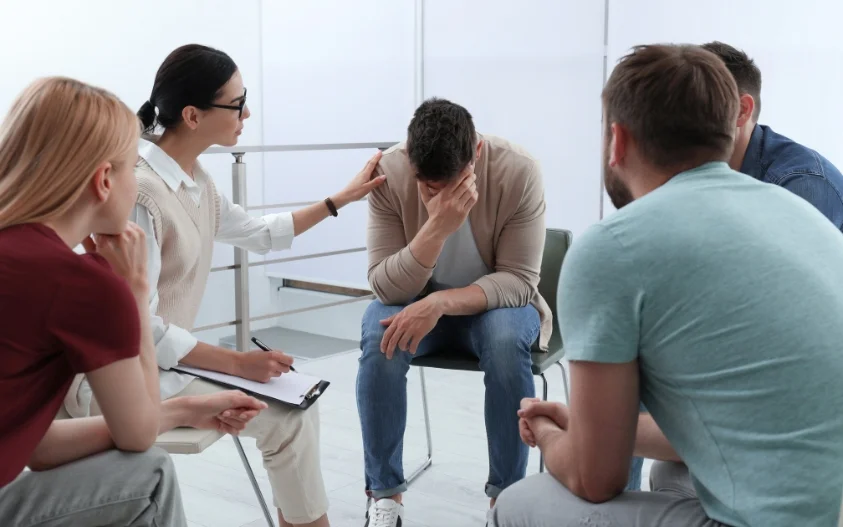24/7 Helpline:
(866) 899-111424/7 Helpline:
(866) 899-1114
Learn more about Klonopin Detox centers in Delta

Other Insurance Options

UnitedHealth Group

Access to Recovery (ATR) Voucher

Sutter

Multiplan

Ceridian

ComPsych

AllWell

Choice Care Network

Holman Group

GEHA

BHS | Behavioral Health Systems

Medical Mutual of Ohio

State Farm

Lucent

WellCare Health Plans

MHNNet Behavioral Health

Absolute Total Care

Group Health Incorporated

Evernorth

Private insurance





Colorado Western Slope Counseling
Colorado Western Slope Counseling is a private rehab located in Paonia, CO. Colorado Western Slope C...

The Center for Mental Health
The Center for Mental Health is a non-profit organization and is governed by a board of directors re...





























